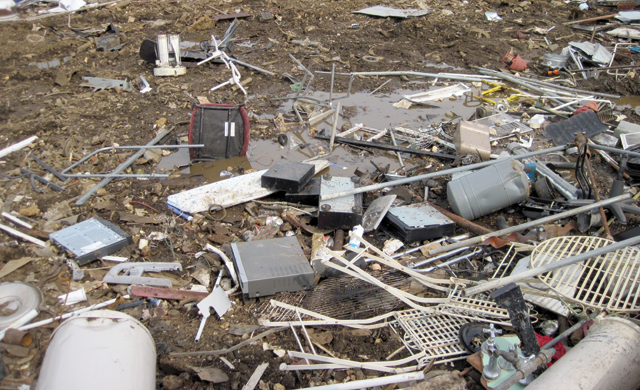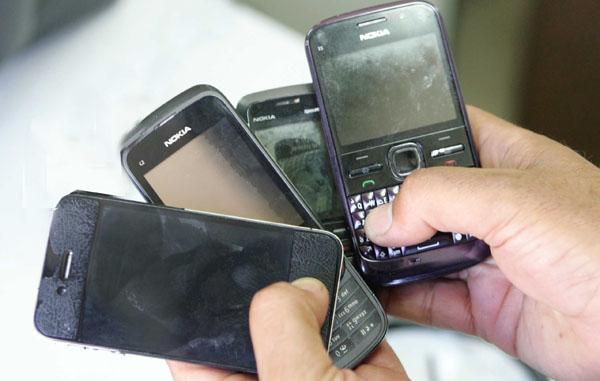You are here
Environment Ministry to designate new disposal areas for e-waste
By Rayya Al Muheisen - Sep 19,2022 - Last updated at Sep 19,2022

Representative image (Photo courtesy of unsplash.com)
AMMAN — Twenty-seven tonnes of e-waste are collected, sorted and, in some cases, exported by Jordanian waste management companies every day, according to an official at the Ministry of Environment.
Hajar Mustafa, director of hazardous waste and e-waste at the Environment Ministry, told The Jordan Times that eight private companies are currently collecting pre-owned electronics and e-waste from all over the Kingdom to disassemble them for recycling, and exporting their valuable parts.
“The ministry, in cooperation with United Nations Development Programme (UNDP), will allocate nine containers for e-waste and pre-used electronics disposal, and will place them in different locations in Zarqa, Irbid and Aqaba governorates, to facilitate the disposal of e-waste for citizens,” Mustafa added.
Mustafa stated that the waste collected from these containers will be handed over to the ministry for sorting, after which they will be sent to recycling centres for processing.
E-waste contains a number of poisonous substances that can endanger humans and the environment. When e-waste is disposed of, these toxic chemicals can leak into the water, soil and air. The hazardous chemicals can then infiltrate the digestion and respiratory systems, which can cause cancer and other diseases, according to a report by the Environment Ministry made available to The Jordan Times.
“The Environment Ministry is currently regulating the collection and disassembly of e-waste. Previously, groups have been illegally engaged in disposing of e-waste in the Kingdom without obtaining any legal approval or acquiring any sort of license for that purpose,” Mustafa said.
He added that Article (8) of the Electrical and E-waste management Instructions reads as follows:
“Any person is prohibited from exporting electrical and electronic wastes, their components, accessories or sub-parts outside the Kingdom without obtaining the written consent of the Ministry, and the export shall be carried out in accordance with the procedures followed in the Basel Convention on the Trans-boundary Movements of Hazardous Wastes.”
Mustafa said that e-waste includes broken or old televisions, computer screens, CPUs, landline phones and mobile phones.
Related Articles
AMMAN — The Ministry of Environment and the United Nations Development Programme (UNDP) have signed an agreement to address the issue of e-w
AMMAN — Household electrical and electronic waste (HEEW) reached over 8.7 million items during 2018, according to the Department of Statisti
With Jordanians changing their mobile phones every two years and around 2 million new mobiles being bought annually, thousands of discarded handsets become environmental and public health hazards, officials said on Wednesday.












